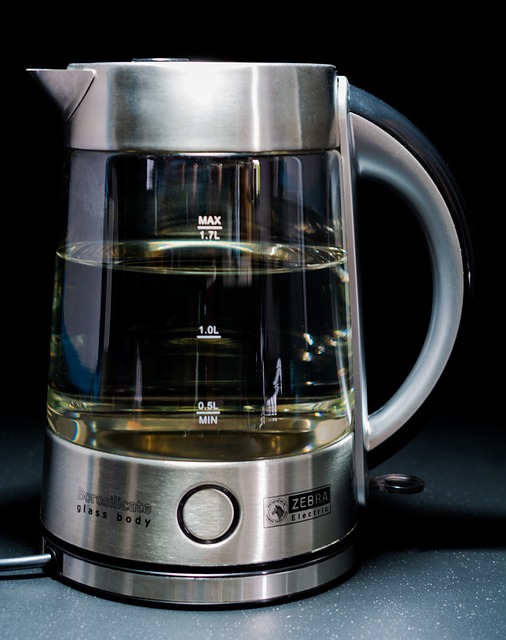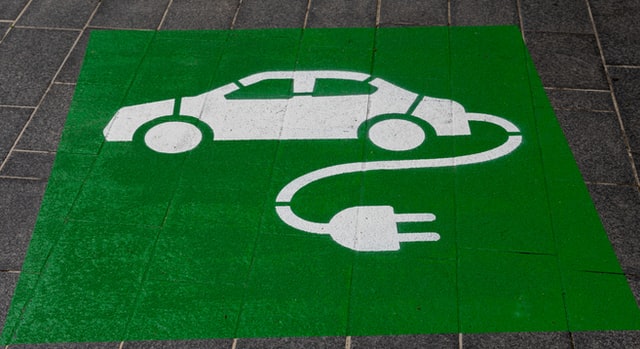
Surprisingly, it takes a lot of power to heat water through your house. Typically, almost 15% of a household’s energy is spent heating their water. Several things dictate the cost of heating your water, and these include prices in the area, how much water your use, and your method of heating. Therefore, when you’re thinking about installing a new water heater, you need to consider all of your options first and check out as many water heater reviews as you can. In your search, an electric water heater should be high on your list because they’re easy to install and good for the environment. Below, we will tell you the pros and cons of installing an electric water heater.
Pros
Availability
The majority of houses are already hooked up to the electric grid. Therefore, electric heater options are available for the majority of people, unless the power is out. Make sure to get the best Combi boiler. On the flip side, if you’re choosing to install a gas heater, you need to check whether your home is located on a natural gas line. If your home isn’t connected to a gas line, it’s extremely expensive to rectify.
We suggest looking through as many water heater reviews as possible. Carbon Switch has gathered together metrics on a range of energy issues including water heaters, LED lighting, and solar energy. With their help, you can achieve a more sustainable way of life and bring down the cost of your energy bill.
Simple Installation
A home’s energy supply system is complex, and hooking up new appliances takes expertise and skill. Installing a gas water heater is a much more complex process, and therefore a more expensive one than the electric boiler choice. Further, with an electric water heater, you don’t need to ventilate the system to release combustion gases. So, the electric option is arguably safer.
Less Attention Needed
If you decide to install a gas water heater, you will need to maintain the lines regularly. With an electric water heater, you don’t need to concern yourself with combustible gases. However, you should make sure to flush the system at least annually to dispel any mineral buildups.
Easy Operation
Once you’ve installed your electric water heater, you don’t need to worry about firing the gas up every time you need hot water. All you need to do is turn on the electricity and you’re good to go. Typically, there will be a light on the front to indicate that the heating element is running.
Sustainable Options
If you’re concerned with the running cost of an electric water heater, you can always combine efforts and power it with renewable energy. Green energy, including solar panels, is more readily available these days. Although you will be investing to begin with, the money saved over the years will more than pay for it.
Energy Efficient
Energy efficiency refers to how much energy is used versus how much is lost in the operation. The energy factor (EF) number is a rating system used to tell us the best choice. The higher the value, the more energy-efficient an option is. When it comes to the electric option, the typical EF sits around 0.9. In comparison, gas options come in at around 0.5 to 0.7. Although gas can be the cheaper fuel option, there’s no point in paying for energy that’s wasted through the combustion process.
Low Upfront Cost
Electric water heaters are the cheapest option on the market to install. However, several factors dictate the cost of your electric heater including the size of the tank and the type of heater. For example, on-demand water heating options will be considerably more expensive than traditional water heaters. The upfront cost of a new water boiler comes down to the installation cost.
If you opt for a gas water heater, you will need to pay for new piping to be installed as well as adequate ventilation systems. Alternatively, electric heaters will simply hook up to your home’s existing infrastructure. However, you will still need to pay to have your household’s wiring upgraded, but that doesn’t cost as much as gas installation.
Cons
High Operation Costs
Although cheap to install, electric water heaters are considerably expensive to run. Energy prices are consistently fluctuating, which means you should check your local prices to find out which is cheaper. Typically, the cost of natural gas is cheaper in comparison to electricity. However, some energy options are better for the environment.
Slow Heating Time
During times of high demand, you will need to wait for your water to heat up before you can use it again. Usually, electric water heaters take a longer time than gas choices. However, if you think smart and limit the amount of hot water, you won’t have anything to worry about. You can do this by scheduling showers and baths throughout the day. If you leave an hour or so between each heavy use of hot water, the hot water shouldn’t run out.
Susceptible to Power Trips
In the event of a natural disaster or other grid outages, you will be without hot water if you choose to go for an electric water heater. With a gas water heater, you won’t need to worry about having cold water in the event of outages. You will need to weigh this up against your area and how many times you lose power. In some cases, your energy provider will offer incentives to sway your choice towards electricity.
Heating the water in your house is important, but it comes with a hefty price. When you need a new boiler, it is another cost you don’t want to deal with. Therefore, before you take the first choice, you need to research both of your options thoroughly. Electric heaters will be cheaper initially but can be higher to run down the line. However, your electric water heater will be easier to install because your household is likely connected to the power grid already. Remember to take into account your local area before you make the decision.



